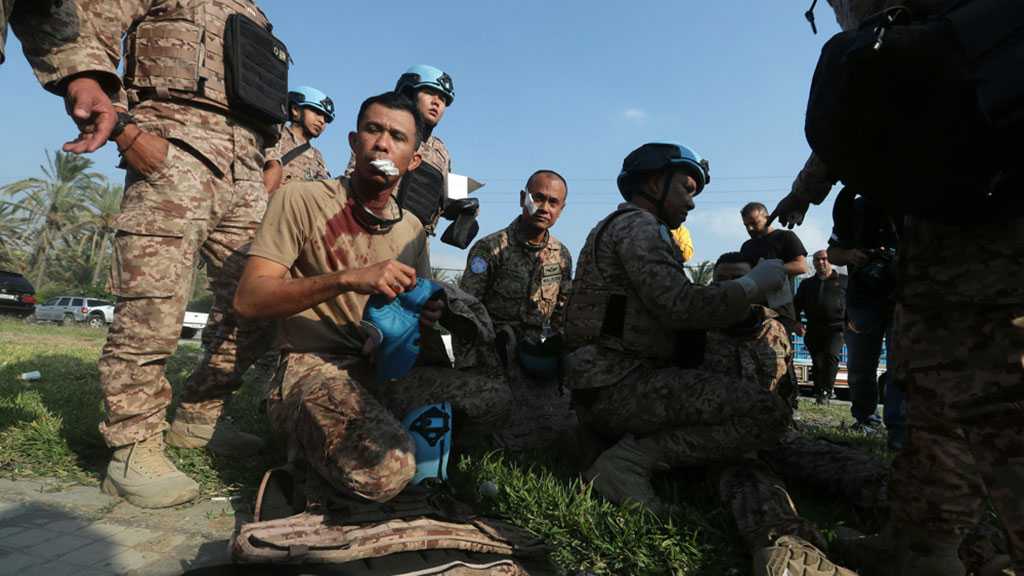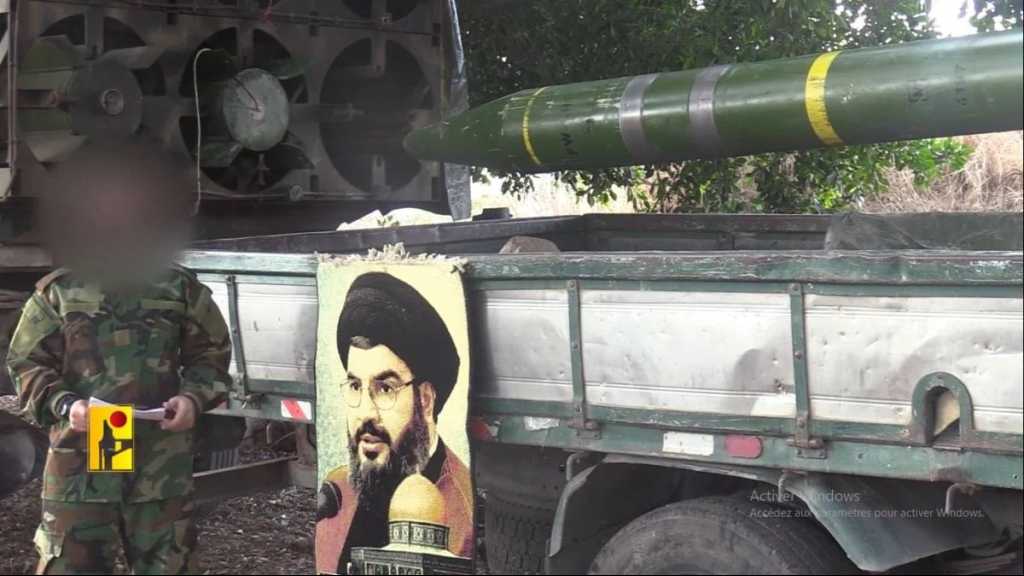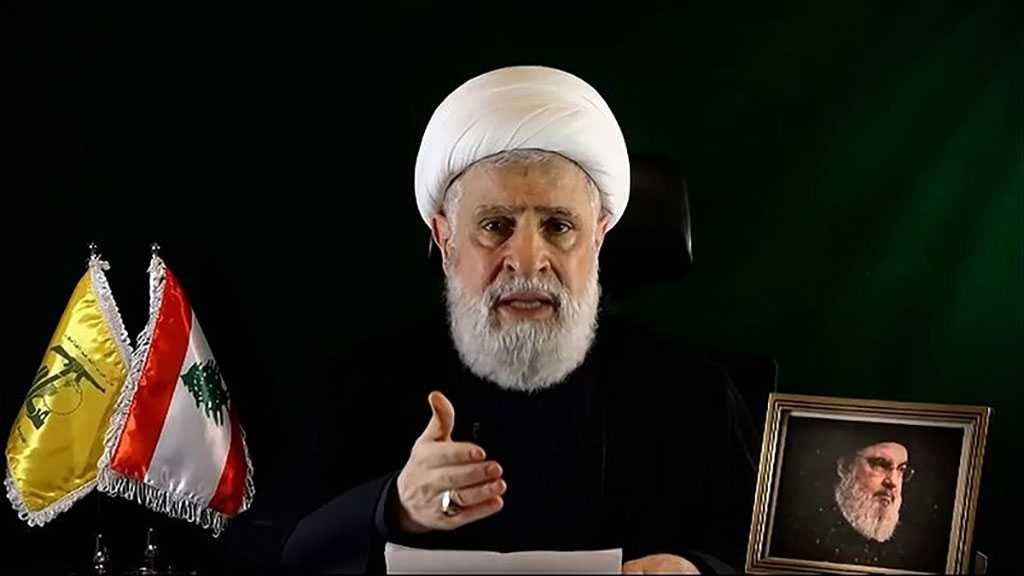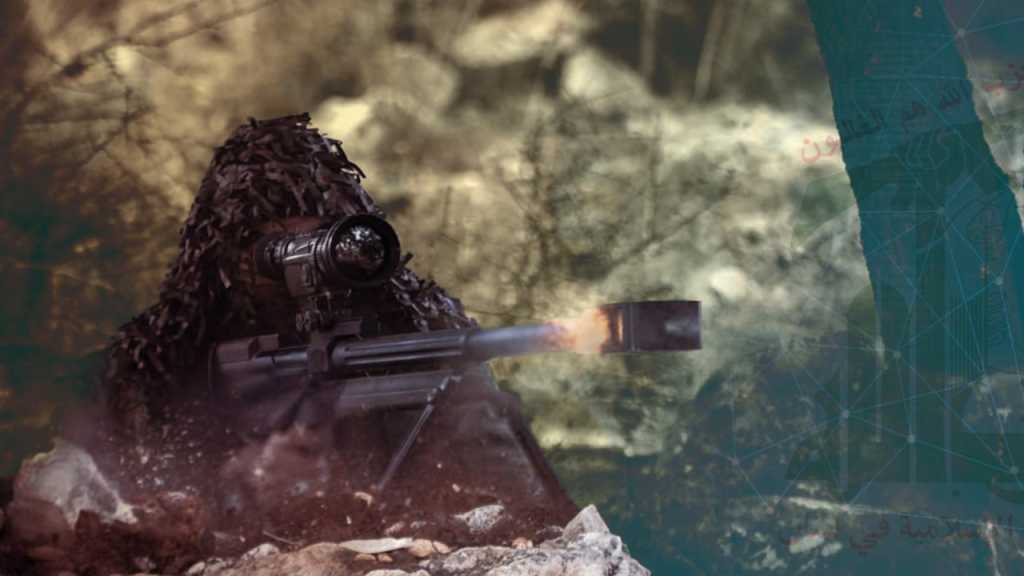A Confession Ten Years Later: Grief, Sorrow, and Defeat Lead to the Withdrawal from Lebanon in 2000

On May 16 1982, "Israeli" army forces invaded Lebanon within the "Hebron Safety" mission; its announced target was to put limits to the firing of Katyusha rockets into northern settlements, and preventing acts of sabotage in the frontline settlements.
The hidden agenda: a "suitable" solution to the Palestinian problem through placing our Christian parties on top of the Cedar Government. Throughout 18 long continuous years of bloodshed, the "Israeli" army forces stayed in the northern neighbor; the first three in the depths of Lebanon, and later in the so-called security zone the remaining fifteen years.
I clearly recall the summer eve in 1982 when I went out to meet my father when he went out of an open military jeep in front of our house with a munitions vest. He and the cunning sons of his generation who had roamed the African continent during the Yom Kippur war and had conquered "Jerusalem" during the six-day war, came back from the battles and didn't understand why they were sent to fight there and for what purpose. At the same time, they didn't believe their sons would hold the torch of war that would continue endlessly.
Only in 2000, under massive public pressure on politicians, did the Prime Minister at the time and the current minister of "defense", Ehud Barak, order the withdrawal of soldiers from the security belt. The soldiers closed the gates behind them, not thinking of going back to the areas of Slouki and Zahrani, or the Rayhan post, or Shkif fortress, or Marj'eyoun. Many of us have forgotten, or, to be more precise, refrain from recalling the years of the "Lebanese Mud". And now, a decade after the withdrawal, the reasons for remaining in the Lebanese mountains seem odder than ever.
Those who agreed to the withdrawal and those who opposed it or the manner in which it occurred agree that during the last decade, security has been restored to the Galilee, that is, the fulfillment of the objectives of the large military operation. This is what is declared, that it was fulfilled after we left Lebanon. The withdrawal from Lebanon was considered in those days a huge stride, a historic event. This is what was felt everywhere, and wine was drunk everywhere to celebrate this huge event.
But the generation which served in the army in the 90's of the last century vividly remembers the events of those years: continuous bloodshed which induced into the language phrases that will never be forgotten: Wounded, Red Line, manes of posts, the liaison unit in South Lebanon and the South Lebanon Army, all were customary words in the "Israeli" lexicon at the time. And the wonder of wonders was that, contrary to the warning threats of the leadership of the army and the security institution, the last tank left that country and thy sky didn't fall!
With the completion of the withdrawal, the sand clock which counted the number of corpses and people crippled was turned. Almost during every week in the presence in Lebanon, the "Israeli" public suffered relative silence due to the number of those killed in the confrontation with Hizbullah. And there were a number of catastrophes, like the two-chopper incident, and the Shaitat Ansariyeh catastrophe, and the taking out of the chief of the liaison unit in South Lebanon Erez Gerstein ...the matter which lead to creating a decisive lobbying force to move the withdrawal operation. It's not politics or strategy, or even an election campaign which led to the withdrawal from South Lebanon, but the grief, sorrow, and defeat.




